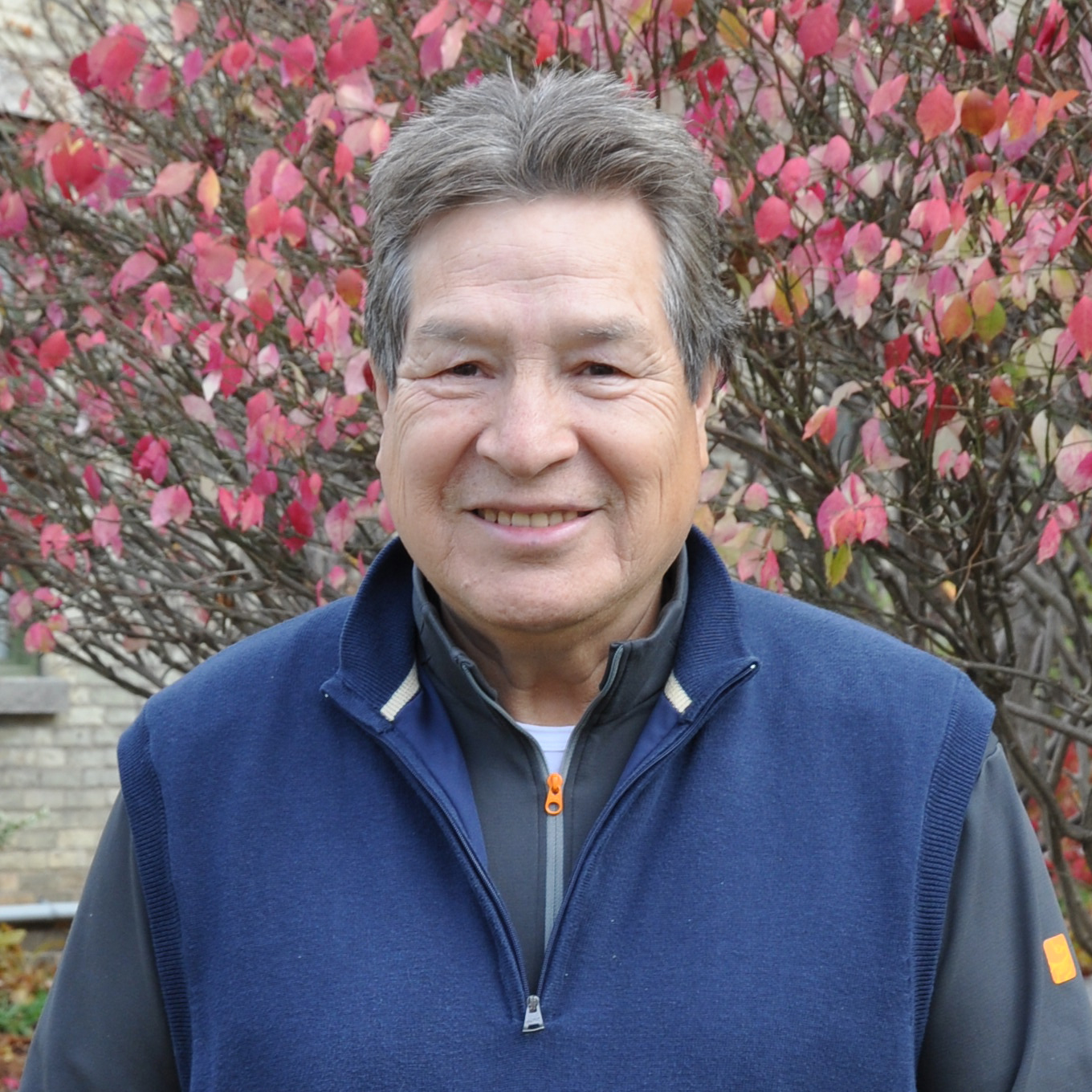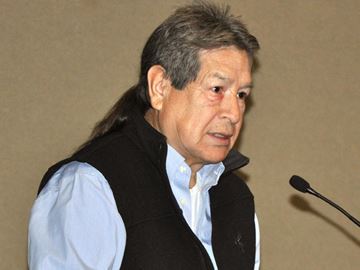Seven years ago, two organizations representing First Nations in Canada launched a human rights discrimination complaint against the federal government arguing flawed and inequitable services for First Nations children. During the week of October 20-24, the Canadian Human Rights Tribunal will finally hear the closing arguments for this case.
The original complaint was filed jointly in 2007 by the First Nations Caring Society of Canada (Caring Society) and the Assembly of First Nations (AFN). The complaint alleges that the Government of Canada has had a longstanding pattern of providing less government funding for child welfare services to First Nations children on reserves than it provides to non-Aboriginal children. First Nations children living on reserve receive 34% less child welfare dollars than children living off reserve.
“Our children are the center of our communities and represent the future of our Nations,” said AIAI Grand Chief Gord Peters. “Our kids deserve the same opportunities for success that every other child in Canada receives. Anything less is a blatant discrimination and a national disgrace.”
The case has been held up for several years while the Canadian government has spent more than $3 Million on an unsuccessful attempt to have the case dismissed on technical grounds.
In the Caring Society’s closing submission to the tribunal, they outlined one example of how dangerous these funding inequalities can be for children living on reserve.
A Canadian child living off-reserve who requires a wheelchair, a lift in the home, and a tracking device due to complex medical needs would be eligible to receive the multiple devices needed and would also receive assistance for any associated instillation costs.
That same child living on reserve would only be eligible for one device, once every five years, and would not receive financial support for installations.
Children not receiving adequate supports because of these funding and service limitations are at increased risk of injury, death and removal from their families and communities. First Nations children on reserve and in the Yukon have cumulatively spent more than 66 million days in out-of-home care between 1989 and 2012. This represents more than 187,000 years of childhood.
SUPPORT FROM FIRST NATIONS ORGANIZATIONS AND COMMUNITIES
AIAI supports the Caring Society and AFN in their dedication to equality for First Nations children and applaud their pursuit of this historic case.
TAKE ACTION
We join the our partner organizations including the Chiefs of Ontario and call on our communities to plan rallies, perform ceremonies including sacred fire ceremonies, pipe ceremonies, singing, sunrise ceremonies and prayers in our schools, health centres and band offices in support of the final hearing of this case.
BE A WITNESS
We also ask all people to be a witness for First Nations kids. Learn about being a witness here. Share what you think about the First Nations child welfare case with #Witness4FirstNationsKids on Twitter, Facebook or other social media platforms.
WATCH THE CLOSING STATEMENTS
The I am a Witness campaign invites organizations and people of all ages to follow the case in person or online and to decide for themselves if First Nations children are being treated fairly.
A live webcast of the closing arguments will be available at fnwitness.ca beginning October 20, 2014 at 9:15 a.m.
ABOUT AIAI
AIAI is mandated as a Provincial Territorial Organization (PTO) to defend and enhance the Aboriginal and Treaty rights of our seven member First Nations. Our member nations include: Batchewana First Nation, Caldwell First Nation, Delaware Nation, Hiawatha First Nation, Mohawks of the Bay of Quinte, Oneida Nation of the Thames, and the Wahta Mohawks. Learn more at www.aiai.on.ca, on Twitter@AIAI_comms and on Facebook.
CONTACT
For more information, please contact Suzanne Morrison at smorrison@aiai.on.ca or 519.281.6238.


